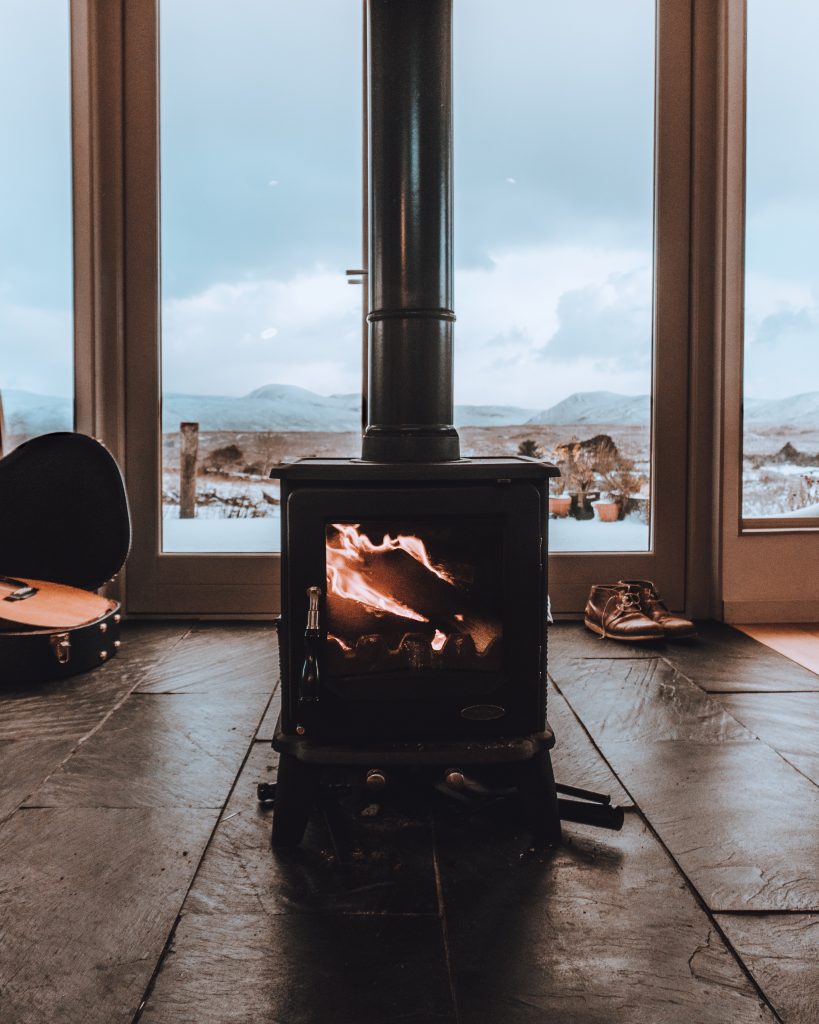
Queenslanders are made for summer! So when the winter chill hits, we look for ways to get cosy and warm up.
While many homes have air con to cool down, not all have built-in ways to heat up a home. When staying warm this winter, you want to make sure you are doing it efficiently and safely.
Small Electric Heaters
Electric heaters or oil column heaters, are great sources of heat, but you need to follow their instructions and read the hazard warnings. These are great for heating small areas or single rooms. Consider the flow of heat and don’t place couches, beds or yourself directly in front of the heater. They will block the heat flow of the area. Never leave wet clothes or try to dry items by leaving them on or too close to the heat source.
Reverse Cycle Air Conditioning
Reverse cycle air conditioning provides convective heat and is the most energy efficient electric heater. Some of the 5 or 6 star units may be cheaper to run than gas heaters. These work by taking the heat from the outside air and transferring it inside. A simple investigation of you’re a/c unit will tell you if this function is possible. This is a good way to heat a larger area or room in your house.
Gas Heaters
Gas heaters are safe and produce great heat as long as they are maintained and used properly. Never use an outdoor gas heater inside. These can give off poisonous fumes in enclosed areas. You should always have your gas heater serviced by a qualified person.
Fireplaces
Having a wood or gas fireplace installed is a great idea and can not only provide heat but also create a great ambience for the winter season. Wood and gas fireplaces should always be installed by a professional. Both can produce carbon monoxide, which is a poisonous deadly gas. If you are having a fireplace installed, you should also get a carbon monoxide detector.
Other Ways to Stay Warm
There are a few other things you can do in winter to be more efficient with your heat. Close doors that are letting in drafts, or in rooms that aren’t being used. No point in heating the spare room if no one is using it. Check your ceiling fans, most will have a winter setting you can change with the flick of a switch. Cover cracks or openings with sealant or door snakes to stop drafts. Let the warm sun in during the day and then close the curtains and keep that heat inside at night. Consider installing insulation in your walls or ceiling. Talk to a professional about this to make sure it is done to code and properly.
Always Remember
You should always turn your heat sources off when you leave your home. Never let clothes or items dry too close or on top of heaters. Protect the flow of air by keeping large items away from heaters. Check your smoke detectors and make sure they are working. Install a carbon monoxide detector. Never leave heaters unattended in children’s rooms. Always read the warnings and labels of heating products and follow their directions.
Adding heat to your home can be done safely and efficiently but also aesthetically. Winter is a great time to add some heat to your home.
Contact us today to find out how we can help you heat your home!
